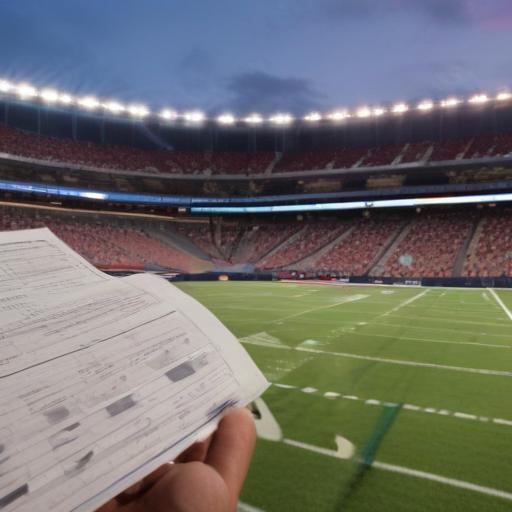The Chicago Bears’ push to relocate to Arlington Heights is moving into a higher gear as the team seeks state-approved property tax certainty to back the plan, a proposal that has drawn mixed reactions from local lawmakers and officials.
Bears leadership has signaled a full-speed commitment to building a new stadium in the northwest suburb, with talk of groundbreaking this year tied to a long-term tax-incentive framework. Team president and CEO Kevin Warren has argued that Arlington Heights would bring substantial economic benefits, including tens of thousands of jobs during construction and once the stadium is open. Officials project about 56,000 construction jobs and roughly 9,100 permanent positions connected to the project, along with broader economic activity for the region.
Yet the plan faces political headwinds. Illinois state Representative Kam Buckner, a Chicago Democrat, wrote a recent op-ed urging that any move not be subsidized by taxpayers who would otherwise fund state services. Buckner contends the Bears have a history of leaving communities to pick up the bill and warns against “betting on a sweetheart deal” with a neighboring suburb without a thorough public discussion. He emphasizes that if the team leaves Chicago, residents may still be on the hook for costs related to the Soldier Field renovation that the team pushed for, arguing that the state should not bankroll a departure without accountability.
On the other side, Chicago Mayor Brandon Johnson indicated that a concrete financial investment could benefit the city’s lakefront area, though he stopped short of taking a definitive stance on the Bears’ proposed tax plan. Johnson suggested that the proposal’s benefits should be weighed carefully, acknowledging that the Bears’ potential move raises questions about branding as well as finance. He did note that a name change could accompany a relocation if the team opts to move to Arlington Heights.
The Bears’ history with Arlington Heights stretches back decades, including past discussions about moving to the suburb even before a 1971 relocation to Soldier Field, which the team began calling home after leaving Wrigley Field. The franchise has long explored options beyond Chicago, with the Arlington Heights site repeatedly resurfacing in talks since the 1970s, though the move has never fully materialized.
Beyond the politics, the policy debate centers on how to balance the economic upside of a new stadium with the tax and infrastructure costs that accompany a major new development. Proponents say a modern venue could bring jobs, tourism, and increased tax revenues to the region, while critics warn against shifting a disproportionate burden onto city services and residents if incentives do not align with lasting community benefits.
As negotiations continue, fans and local stakeholders alike await a clear path forward. If an agreement is reached, it could set a precedent for how large professional sports teams coordinate with state and local governments on development incentives, while potentially reshaping the economic landscape of both Chicago and its northern suburbs.
Summary: The Bears are pursuing Arlington Heights as a new home with a long-term property tax incentive, a plan that promises thousands of jobs and broad economic gains but faces political scrutiny from lawmakers who worry about taxpayer burdens and accountability. The debate reflects a larger question about balancing civic development with fiscal responsibility as the team weighs branding, location, and local impact.
Positive note: There is cautious optimism that any agreement will include robust public-safety, infrastructure, and community benefits, ensuring the region can reap the upside of a major redevelopment while safeguarding taxpayers.
Overall, the conversation continues to be about how best to advance regional economic growth without transferring costs onto residents and public services.
